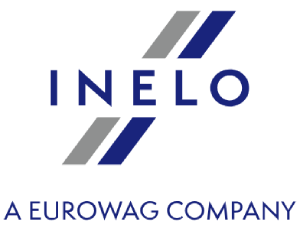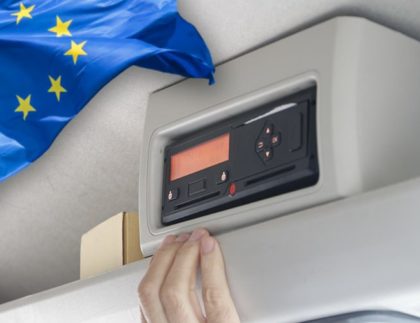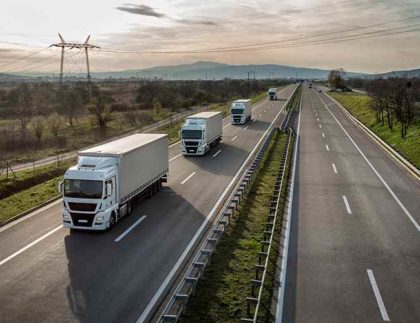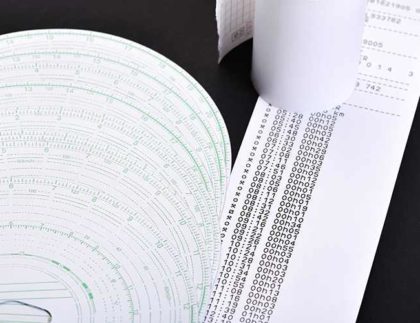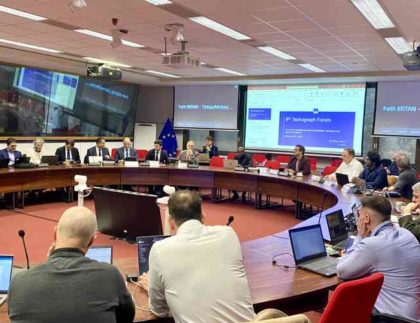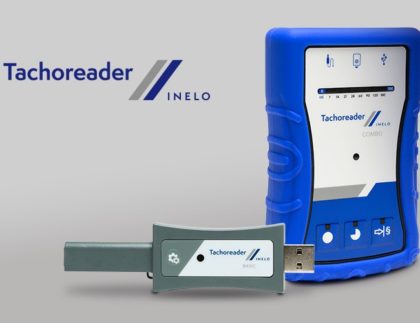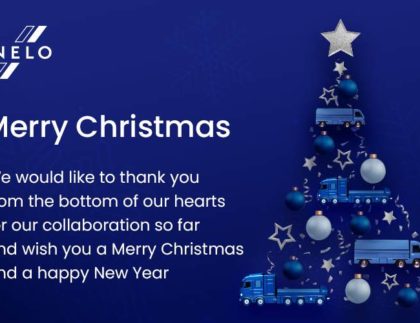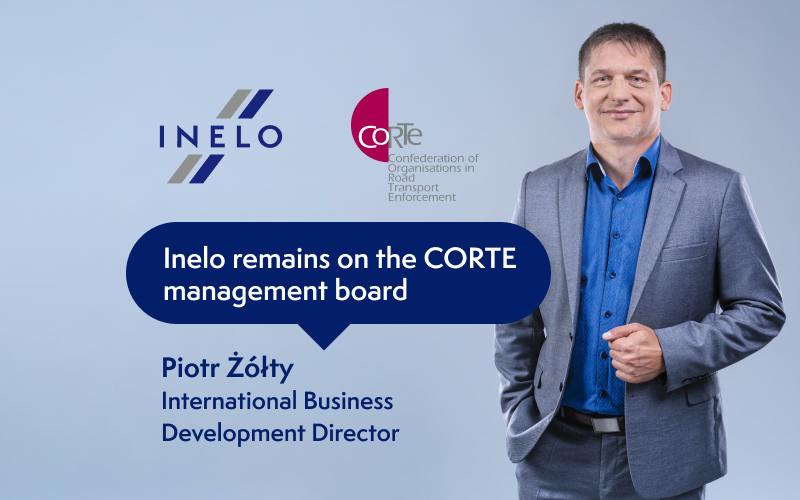

Piotr Żółty, International Business Development Director, has been awarded another 2-year mandate to sit on CORTE’s Board of Directors. As a result, Inelo remains a member of CORTE’s Board of Directors for another 2 years.
We were delighted to receive the decision made by members of the CORTE confederation, who decided that Piotr Żółty shall remain a representative of CORTE’s Board of Directors and Executive Board. This decision means that we, as INELO, will still be able to share our knowledge and experience, as well as influence the most important decisions regarding transport and inspections of trucks and transportation companies. Active membership and close cooperation also allow our experts to host conferences for inspection agencies to discuss current changes in regulations and develop a universal approach for their enforcement.
CORTE’s challenges for 2024
Members of the CORTE international confederation met not only to choose the Board of Directors for the next term of office, but also to discuss matters important for European transport. The ERRU (European Registers of Road Transport Undertakings) electronic system, which registers all violations committed by drivers and enterprises, as well as any inspection proceedings, was one of the most important topics raised. Discussion also covered the introduction of a new enterprise risk assessment system – a so-called rating. Inspectors will soon be able to access this system on the road and all member states will have to adapt to those requirements and implement new functionalities.
Another important topic discussed was the draft of an amendment to Regulation 561, presented by DG MOVE, which covers driving times and breaks in passenger transport. It evoked a lot of emotions, because should it come into force in its present form, it would cause an enormous change, not only for drivers, but also for inspectors and their inspection methods. In the opinion of our experts, should such provisions enter into force, it would have a negative impact on inspection automation and would force inspectors to work mostly manually, which may not only result in delays in inspections both on the road and at the company’s premises, but it also increases the risk of making a mistake. Our representatives expressed their concerns and highlighted the risks for both companies and inspections. Moreover, in the nearest future, they will record their concerns for CORTE to send it do DG MOVE for review.
The final presentation was delivered by DG MOVE, who discussed a draft of a regulation concerning the training of inspectors, which determined a broad scope, ranging from technical aspects, through driver’s working time, to determining how to speak to drivers and cope with their various reactions. Such an approach to the topic of training will allow inspectors to acquire important and essential skills for their everyday work.
We are glad to participate in meetings that are so important for European transport, be close to information and, most importantly, have the right to vote and directly influence future developments in road transport.
